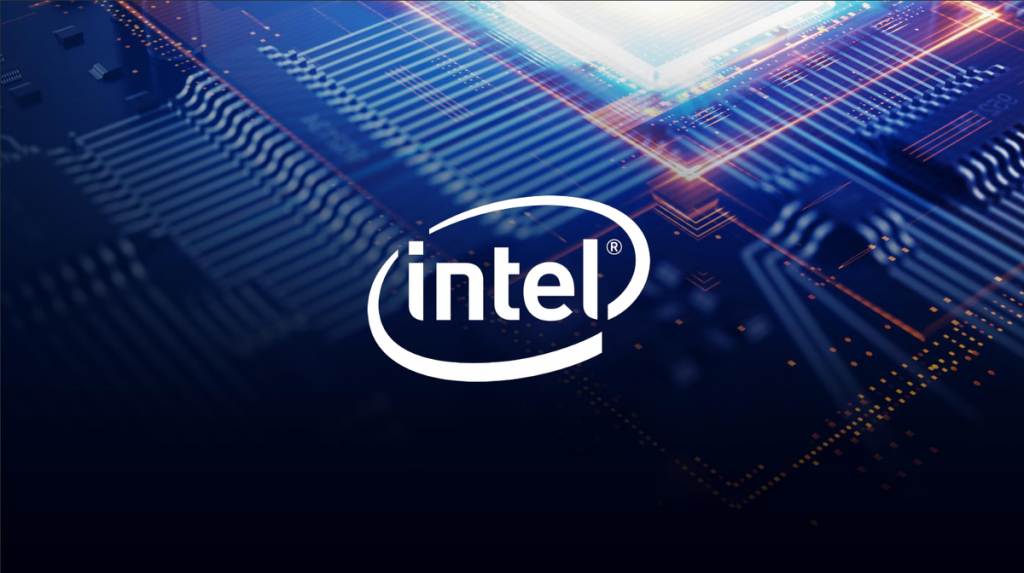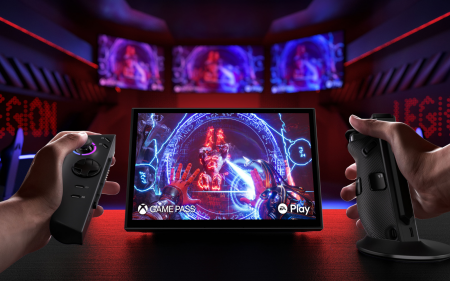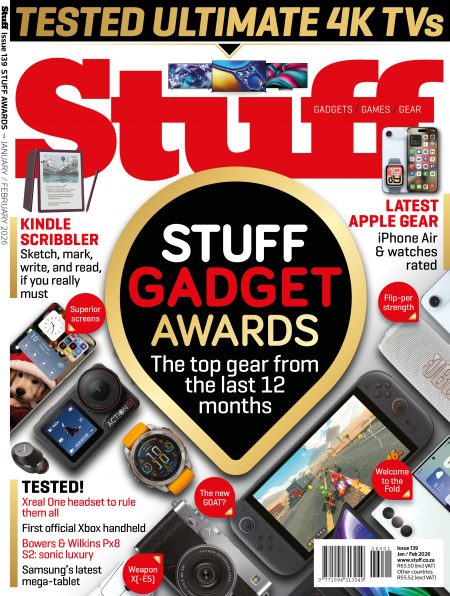A bomb went off in the tech world last Friday when Intel’s CEO suggested the mighty microprocessor manufacturer might do the unthinkable and outsource the manufacturing of its chip.
To call it the end of an era, as everyone immediately has, is no understatement.
Intel’s silicon chips are the brains of our modern personal computers, in no small part because of Intel’s superior high-tech fabrication technology. Intel’s factories have been some of the most cutting edge in the world over the last 30 years of this remarkable 52-year-old company.
But, fearing that its production plans for the next generation of processors would be further delayed, CEO Bob Swan told analysts about the outsourcing idea. Intel shares fell 16%.
If this truly is the beginning of the end for the once-mighty processor manufacturer, history will record it as a stunning fall from grace. And a final betrayal if its legendary CEO Andy Grove’s mantra “only the paranoid survive”. Grove was employee number three at Intel, and its third CEO, and the man who built Intel into the powerhouse it became at its height.
Writing this column, I recalled that the first story I ever published as a technology editor – for the Mail & Guardian in 1998 – was about this powerful Wintel duopoly run by Microsoft and Intel which controlled the PC industry for 30 years.
As improbable as it seems, the company that has prospered the most is Microsoft, whose obituary has been written many times. Microsoft has moved with the times and gone into the cloud, effectively retiring its Windows brand into the Azure division. Intel just hasn’t.
A major part of its misstep was to underestimate the mobile phone space. Until Steve Jobs unveiled the iPhone in 2007, Intel was much more focussed on its core competency: desktop (including laptop) processors. Along with Microsoft’s Windows, the two tech giants controlled the computing world. All those adverts for laptops always featured an Intel Inside logo – part of an elaborate marketing strategy where Intel gave PC makers massive marketing dollars that came with stringent conditions.
Like Microsoft, which was also still focussed on the desktop market and its lucrative Windows software licences, both firms saw cellphones merely as keypad feature phones.
It took the total outsider, the disruptive upstart, to see the big opportunity for mobile computing. With nothing to lose and no legacy business to worry about, Apple went mobile. And the world followed. Apple also had the Jobs Reality Distortion Field, but that’s another story.
Given what has now emerged, it clearly validates Apple’s recent decision to start using its own iPhone and iPad processors in future laptops and desktops. It is yet another sign of the profound impact mobile is having on the desktop industry that spawned it.
At the time, commentators warned, seemingly alarmist, that Apple’s move might become a major threat to the server chip business where Intel still dominates. Doesn’t sound so outlandish now.
Intel’s sudden outsourcing announcement – conceivably to Taiwan or China where such facilities are located – will play havoc with the trade war stalemate between the Trump Administration and Beijing.
Part of US President Donald Trump’s trade campaign against Chinese firms is to limit access to American technology `– hence the ban that prevents Huawei from using the Android Play Store or apps from Facebook, Twitter, WhatsApp and Instagram although the smartphone maker has cleverly sidestepped that.
Ultimately, it seems Intel’s recent crop of leaders never took Grove’s advice seriously enough. Only the paranoid survive. Just ask Jacob Zuma.
This article first appeared in Financial Mail




